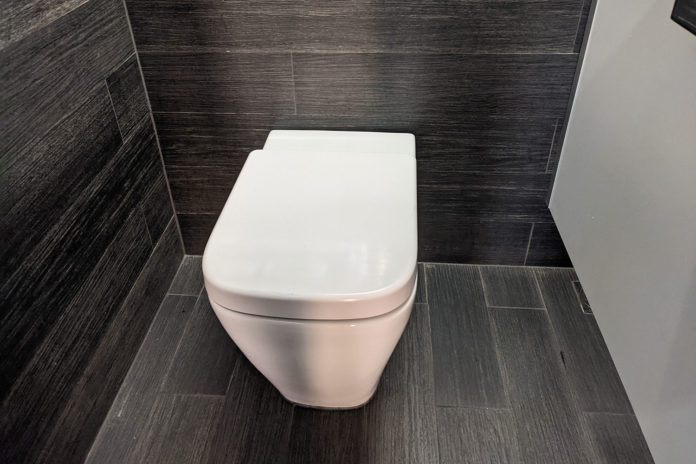Urine and feces are data-rich and readily available specimens that could help people know their own wellness. But these are underutilized in part because of our aversion to collecting them. These barriers can be overcome by using the toilet itself as an alternative specimen collection device.
Researchers at Duke University are developing an artificial intelligence tool that can be added to the standard toilet to help analyze patients’ stools and give gastroenterologists the information they need to provide appropriate treatment for chronic issues such as inflammatory bowel disease (IBD) and irritable bowel syndrome (IBS).
The Smart Toilet technology is designed to be retrofitted within the pipes of an existing toilet. Once a person has a bowel movement and flushes, the system automatically photographs the stool within the pipes, storing the images for future analysis.
The analysis is carried out thanks to an artificial intelligence system that was trained on more than 3,000 images of unique stools, all of which had been classified by gastroenterologists as loose, normal, constipated, and whether there was blood present. This will allow them to diagnose the patient and provide the right treatment for their condition.
In laboratory tests, the algorithm was able to analyze the images on its own and accurately classify the stool 85% of the time, and detect blood accurately 76% of the time.
“We are optimistic about patient willingness to use this technology because it’s something that can be installed in their toilet’s pipes and doesn’t require the patient to do anything other than flush,” said Sonia Grego, Ph.D., founding director of the Duke Smart Toilet Lab and a lead researcher on the study. “This could be especially useful for patients who may not be able to report their conditions, such as those who live in a long-term care facility.”
Convincing patients to collect stool for periodic analysis is not easy; in the end, many give up the checks risking their health. The new technology, on the other hand, performs the examination without the patient noticing. The research was presented over the weekend at the virtual conference Digestive Disease Week 2021.
“Typically, gastroenterologists have to rely on patient self-reported information about their stool to help determine the cause of their gastrointestinal health issues, which can be very unreliable,” said Deborah Fisher, MD, associate professor of medicine at Duke University and one of the lead authors on the study. “Patients often can’t remember what their stool looks like or how often they have a bowel movement, which is part of the standard monitoring process. The Smart Toilet technology will allow us to gather the long-term information needed to make a more accurate and timely diagnosis of chronic gastrointestinal problems.”
For now, there is only a prototype of the Smart Toilet. Researchers are refining the technology to include stool specimen sampling for biochemical marker analysis that will provide highly specific disease data to meet the needs of patients and gastroenterologists.
